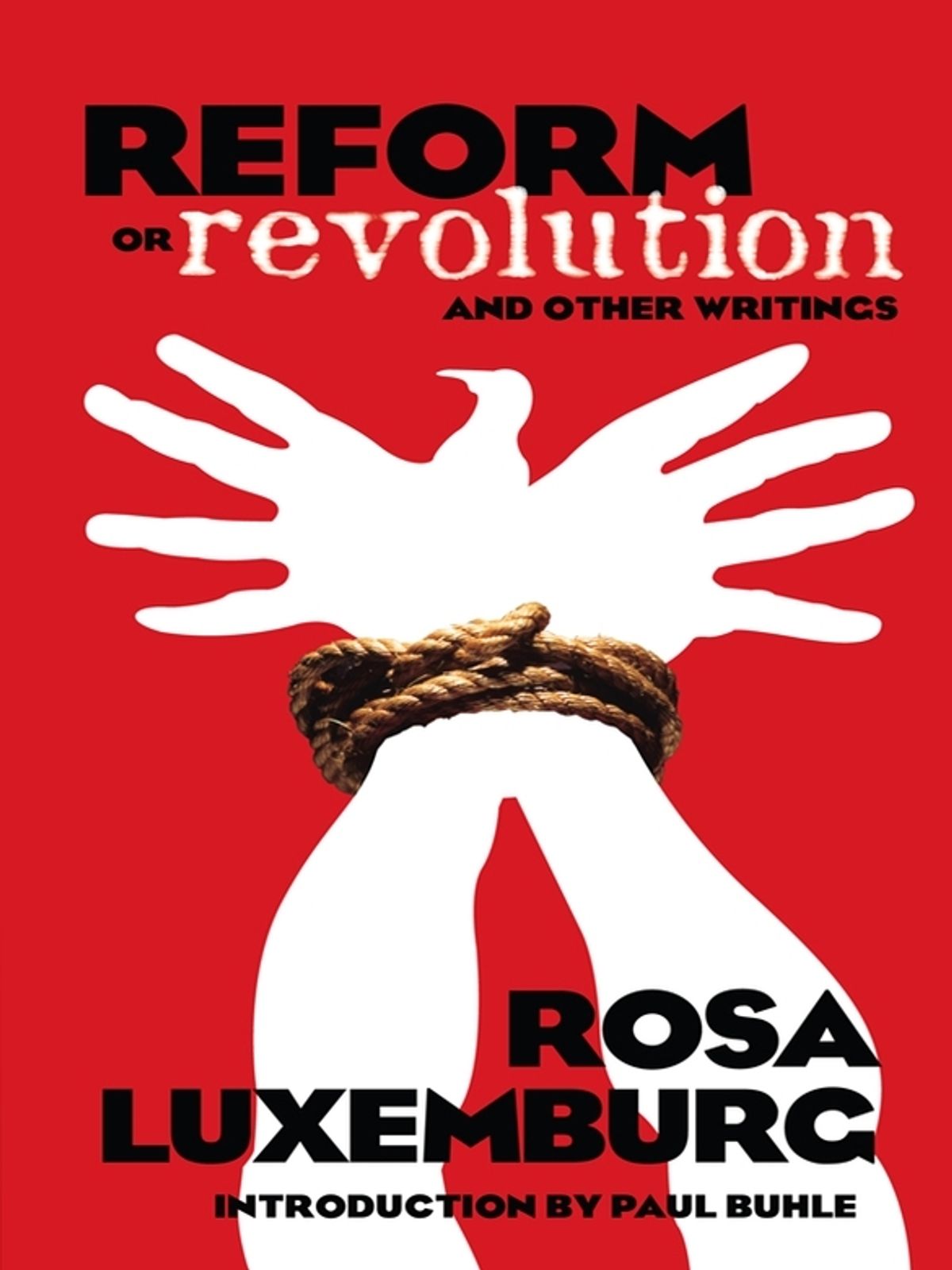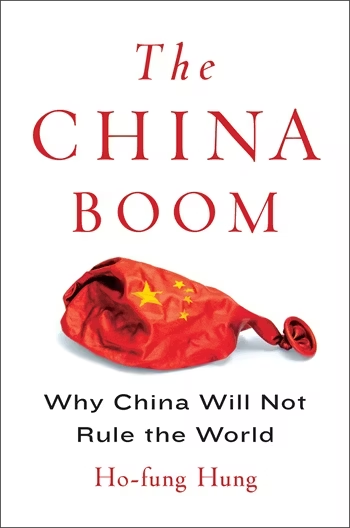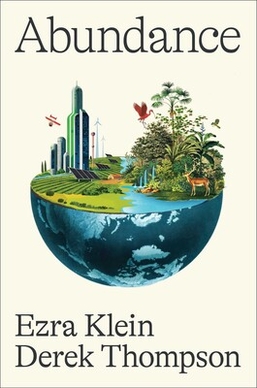Steel Rabbit started reading Reform or Revolution and Other Writings by Rosa Luxemburg

Reform or Revolution and Other Writings by Rosa Luxemburg
A polemic writing by the famous "Red Rosa" Luxemburg, Reform or Revolution (1899) explains why capitalism can never overcome its …










